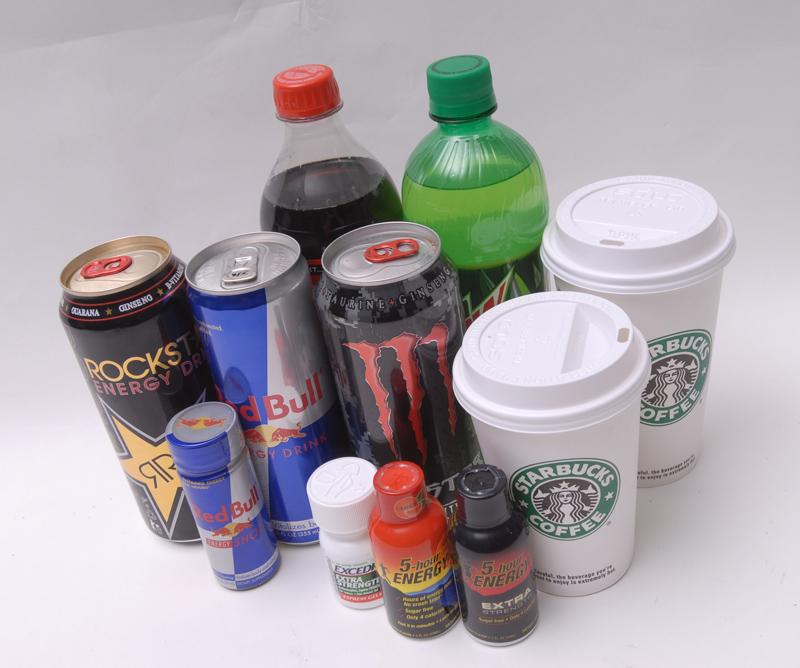Caffeine: fighting the addiction
April 21, 2015
Everyday is the same thing for us students. Wake up, go to school, go to practice, do homework, go to sleep and repeat. We all get stuck in ruts every once in awhile, but what can make us feel lively once again? For some of us, caffeine is the way to go. The smell of a coffee shop can easily put my mind at ease and make me feel great even if it is only for a moment.
The way coffee makes me feel keeps me coming back for more. My love for the substance is unwavering. The beautiful arrangement of molecules infiltrating my senses gives me a an overwhelming sense of pleasure.
Is caffeine a physical or perhaps psychological dependence? I would argue that it is both.
Caffeine is a stimulant found in nature in the forms of herbs, leaves and roots. Today’s world has incorporated caffeine into daily life through the popularity of coffee drinks, soda, energy drinks, chocolate and tea.
But is caffeine healthy? In small doses, it is believed to be okay and perhaps even healthy for many people, but too much of a good thing is a bad thing, or at least that’s what they tell us.
According to www.healthresearchfunding.org, 3 out of 4 regular caffeine users are actually addicted to the substance.
I’ve been there countless times before, waking up early, preparing myself a coffee, and then heading off to school only to experience a serious crash halfway through the day. With no way to get caffeine from school, I experience headaches that will not diminish until my desire is fulfilled.
My mouth waters when I think about it, my head starts hurting when I don’t have it and I feel like my world is shattering until my addiction gets satisfied with a swift chug of a Coke or coffee.
I cannot simply go a day without thinking about my desire for a vanilla Coke or a hot salted caramel latte from Biggby. What’s even worse is that I cannot be satisfied until I get the goods.
What can be done to stop the madness? One method is to slowly decrease the intake of caffeine per day and perhaps even stray from daily caffeinated beverages like Coke. Replacing the sugary caffeine filled foods and drinks with a more natural source of caffeine like herbs and green tea is a novel idea.
Since caffeine is often used to provide energy, it may be good to take supplements of vitamins, particularly Vitamin C, in order to keep oneself feeling fresh and energized. One could also consider changing their sleep schedule to remain better rested, or rely on the occasional power nap to get them through the day.
According to Mothernaturenetwork.com, it is good to eat lots of vegetables, as they will alkalize a body that may have acidified as a result of the caffeine.
It’s important to know that we are all in this together, and all of us are capable of making this change in our lives. Next time I reach into the fridge for a coke, I will replace it with a glass of fresh green tea and make sure I get adequate sleep the next night. I hope that my fellow addicts will endeavor for the same.




